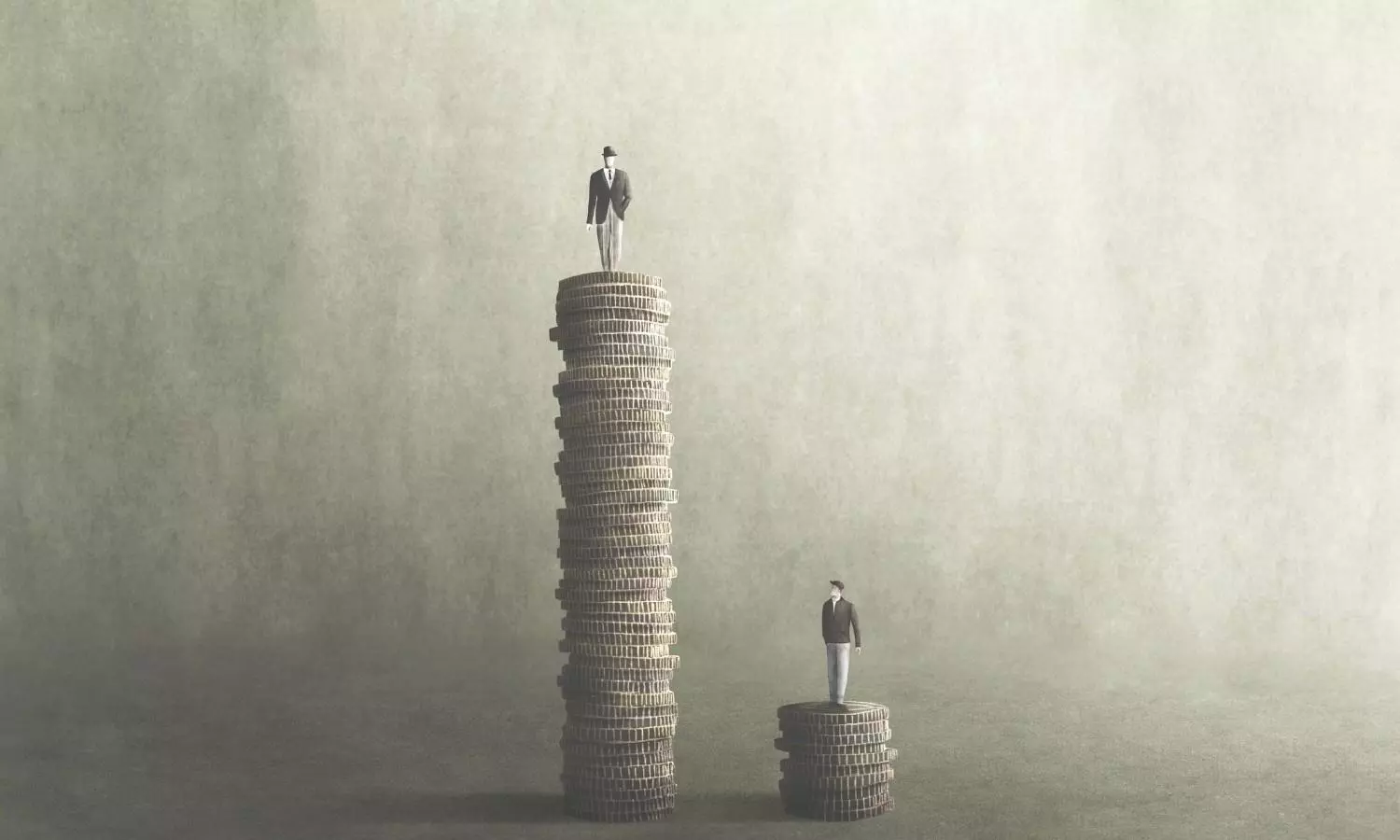
India's richest 1 pc increased wealth by 62 pc from 2000-2023: G20 report
Global inequality has reached 'emergency' levels, Nobel laureate Joseph Stiglitz-led study warns, posing threats to democracy and economic stability

India’s richest 1 per cent expanded their wealth by 62 per cent between 2000 and 2023, according to a report commissioned by the South African Presidency of the G20.
Also Read: Wealth concentration under Modi govt is attack on democracy: Congress
The study, led by Nobel laureate Joseph Stiglitz, warns that global inequality has reached “emergency” levels, posing threats to democracy, economic stability, and climate action.
Top 1 pc captured 41 pc of new global wealth
The G20 Extraordinary Committee of Independent Experts on Global Inequality, which includes economists Jayati Ghosh, Winnie Byanyima, and Imraan Valodia, found that the top 1 per cent globally captured 41 per cent of all new wealth created between 2000 and 2024, while the bottom half of humanity received just 1 per cent.
The report noted that inter-country inequality, broadly measured, appears to have narrowed due to rising per capita incomes in populous nations such as China and India, which have somewhat reduced the share of high-income countries in global GDP.
Between 2000 and 2023, the richest 1 per cent increased their share of national wealth in over half of all countries, accounting for 74 per cent of the global population.
Global panel on inequality proposed
“In India, the top 1 per cent increased their share of wealth by 62 per cent over this period; in China, the figure stood at 54 per cent,” the report stated.
“Extreme inequality is a political choice. It is not inevitable and can be reversed with sufficient political will. Global coordination can greatly facilitate this process, and in this regard, the G20 has a critical role to play,” it added.
Also Read: Jaishankar: G20 can harmonise viewpoints amid difficult geopolitical situation
The report recommends the creation of an International Panel on Inequality (IPI), modelled on the Intergovernmental Panel on Climate Change (IPCC), to track inequality trends and guide policymaking.
High inequality to lead to democratic decline
To be launched under the South African G20 Presidency, the IPI would provide governments with “authoritative and accessible” data on inequality and its underlying causes.
The study also found that countries with high inequality are seven times more likely to experience democratic decline than those with more equal distributions of wealth.
Also Read: G20 finance ministers agree to work toward effectively taxing the super-rich
“Since 2020, global poverty reduction has slowed almost to a halt — and reversed in some regions,” the report warned. “Around 2.3 billion people face moderate or severe food insecurity, an increase of 335 million since 2019, and nearly half the world’s population still lacks access to essential health services, with 1.3 billion people impoverished by out-of-pocket medical spending.”
(With agency inputs)

